On the art of being a “place maker” and the un-compensatable work of love.
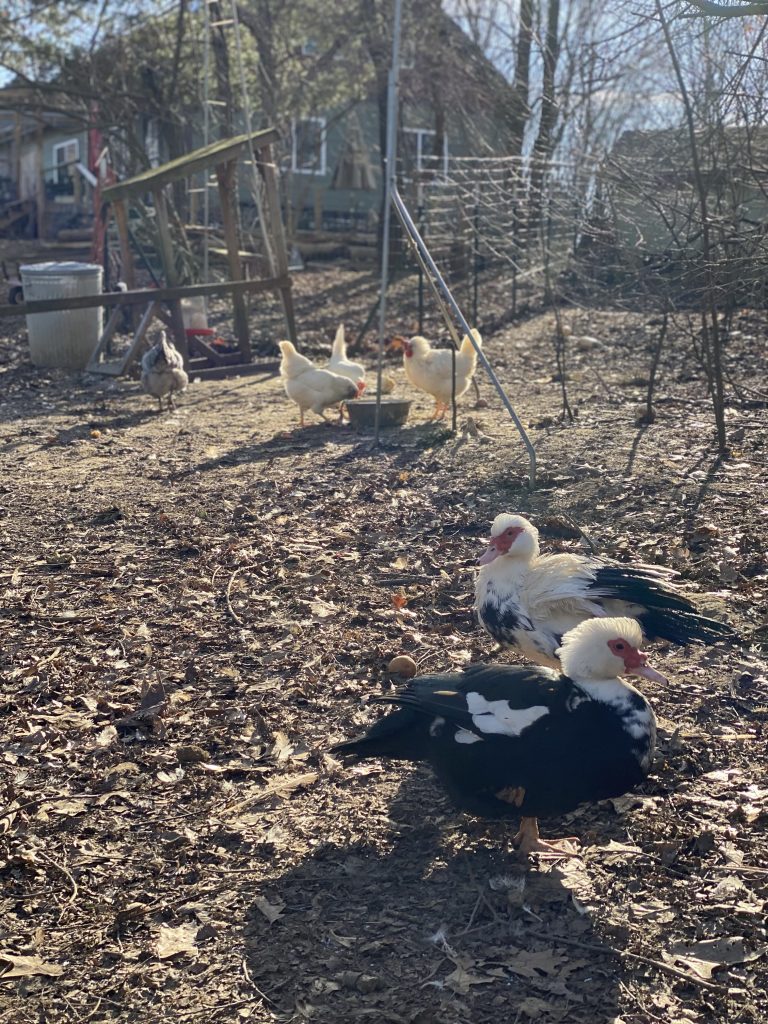
Recently one of my son’s friends came over for the afternoon. She’s 12, I’ve known her since she was born and always felt an easy connection with her. We regularly have good and substantial conversations. She recently told me that she’s interested in having a farm when she grows up, asking me all kind of practical questions about how to make it work. I love it!
That day, however, our conversation veered into a mildly sore spot for me, when she asked if I “work”, and, through my meandering explanation of what-it-is-that-I-actually-do, she concluded that “ah… so Jeff is the one who mostly works”. I dug in. I asked her more questions about what “work” actually means when we talk like that. Are we actually asking about work or about money? She and I wandered through the sticky territory for a few minutes until I could see her attention dart back to her playmate. I can only hope I seeded something useful for her to chew on in future conversations.
Adults do this too- conflate the term “work” with money making. When we identify the discrepancy, we all act like it’s an accident. “…of course what you do is work… of course.” But our language matters, and that’s not what’s being said. We reinforce these definitions and I suspect there is a reason the concepts haven’t split into unique words yet. I might be a little cynical, but I believe it’s all part of the subtext of our cultural narrative- that all the unpaid work be somewhat invisible but still consistently be done.
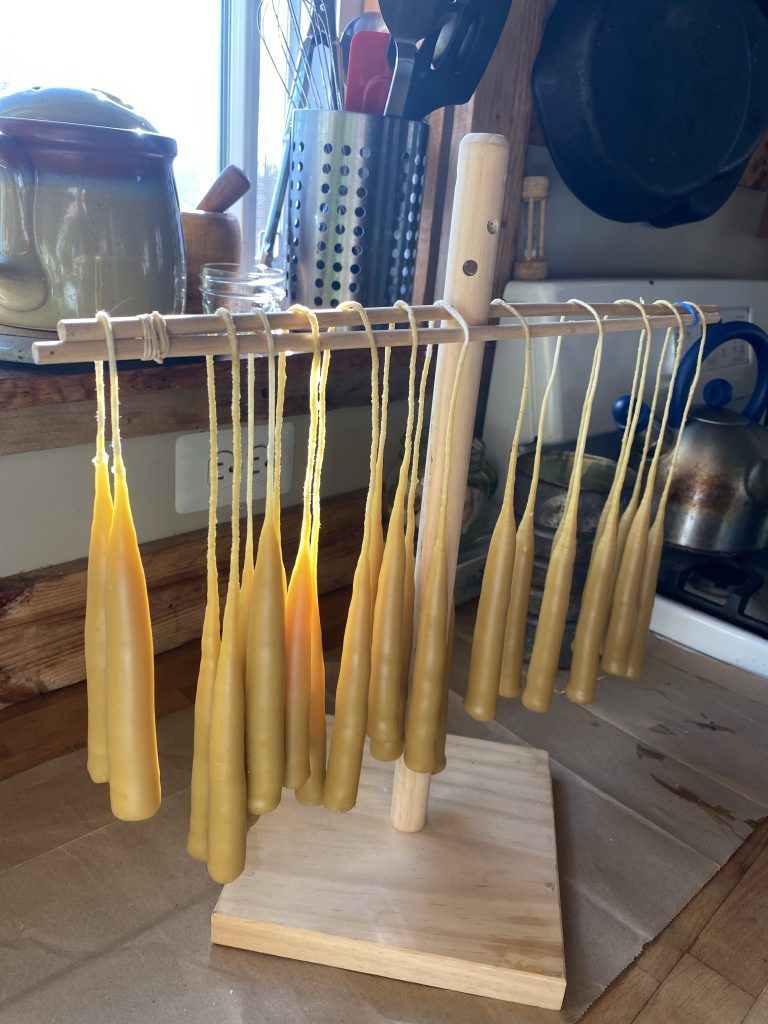
I’m about 16 years into my journey as a homemaker. In the early days I remember I had so much unlearning to do, it ended up being a pretty profound commentary on how influential the cultural narrative is around some of these things. There I was, exhausted at the end of the day with soup bubbling on the stove and a healthy infant I had nursed and tended to all day. Jeff would come home, so often listening to me debrief about how genuinely confused I was that I was so tired even though I’d done “nothing”. He’s the one that encouraged me to start making a “retroactive to-do list”, where I marked down the things I’d actually done during the day rather than what I thought I should have done. My unreasonable to-do lists were converted each night into lists like “cleaned up baby’s poo-splosion” and “talked friend through crisis” and “made healthy food”. The work was steady and clearly needed, as evidenced by it consistently winning out over the loftier goals I’d set for myself. And yet, even though I’d chosen to stay home with my child for lots of reasons, I had trouble experiencing the work as something *real*. Also, underneath that initial grief I experienced in early motherhood was the story I’d absorbed that said I needed to earn my place through my accomplishments. Ultimately I was scared I’d not be of value if my contributions weren’t visible or acknowledged. My feeling called to make a home, in this culture, felt pretty scary.
Now my children are older but the work is ever present. In some ways I feel it’s more complex- a home that we’ve all created together and needs specific and personal tending. This is somewhat harder to explain to people when they ask what I do. I am the parent my daughter comes to when she’s got a crisis of conscience. I am the one who has spent the past 4 years learning all about goat healthcare and coccidia in rabbit colonies. I am the one studying and implementing perennial food systems. I am the herbalist-in-training. I am the one who looks for boots our son can grow into at thrift stores. I am the one who can locate the odd thing someone is looking for from my memory (although Jeff finds this skill eerie enough that he claims I must have telepathically put the thing there). I am the social glue, the nurturer/facilitator of our family’s relationships and community ties. I’m the person who makes the yogurt, who knows what meat is in the freezer, the one who can preserve what we grow. I am the main cook, always thinking of how to balance our resources with what is nutritious and that everyone will actually like eating. I am the family member with the flexibility to take on an extra kid or make a meal for someone recovering from surgery, the one who can be perpetually on-call for my people in need. I am my home’s chief architect- forever assessing and designing our life system to be in better service to everyone in it.
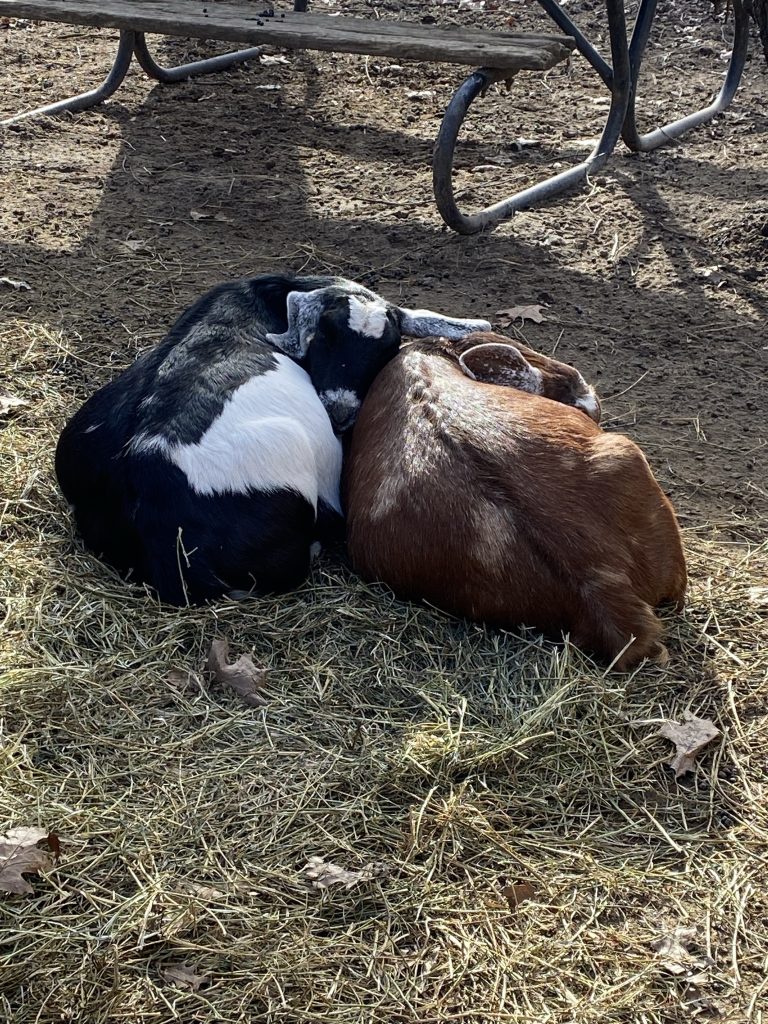
In many ways I feel that writing things out like that is a bit dry and reductive, as if I’m creating some resume to be considered. I’m simply Grace, of this place. No one in my close circles questions the validity of this job (least of all Jeff or my kids, who’s opinion matter most of all), but the conspicuous lack of a paycheck or any credentials over time, and the fact that almost none of my friends share this particular home-based calling, is something that affects the conversation, even with my little 12-year-old friend.
In adult circles when a similar conversation is had, there’s a predictable course that it tends to take. We go through the previously mentioned motions of: Do you work?/*awkward reframe of what I do, acknowledgement that I don’t get paid*/followed by kind laughter and an “of course, that’s a full time job!”/often followed up by some version of “I could never do x,y,z, so… good for you!” In my heart it always feels like an othering and a distancing shrouded in a compliment. I don’t begrudge anyone for this, we do live in this culture and it is what it is. But, I have taken stock of the patterns over the years, the predictable course these conversations tend to take, the exercises folks seem to want me to do with them.
A couple of examples: Over Christmas I had a conversation with someone I love about how nice it is to be getting older and learning to accept ourselves better. We were connecting so well about our shared sense of personal liberation, so it felt pretty out of the blue to me when she exclaimed “Exactly! I sometimes feel guilty that I don’t do more of what you do, but then I think, even if I could I wouldn’t WANT to! And that’s okay!” I hear this kind of thing fairly often, and it almost always feels out of context and strange to me. Another example- a few days ago one of my closest friends was over for our regular study session, and I asked him to assist me in brining a ham. It’s a simple process, you make a salt/sugar/spice solution and then you stick the meat in it for a few days. Voila! It was a nice little project to do together, and I needed the extra set of hands. As we were loading the meat into the fridge to cure, he made a comment. I don’t remember the exact wording, but the sentiment was something along the lines of: “That was fun! I’m really glad we did this practical thing together. But also doing this kind of thing isn’t ultimately my part to play. I’m for different things. It’s totally yours though.” I stopped and looked at him and asked him why he said that. Why is that statement true? Why does he want it to be true? What is it that causes people to come out with some kind of ultimate statement about these domestic tasks as being a kind of orientation or a calling, only to recuse themselves from it? I end up feeling that I’ve been along for some kind of exercise in maintaining a particular story, but it’s one I never consented to. My friend didn’t really have much insight about why he was framing things this way, but, being an encourager of my writing, he said “Write me a letter about it!” And so I suppose that’s what this is, here.
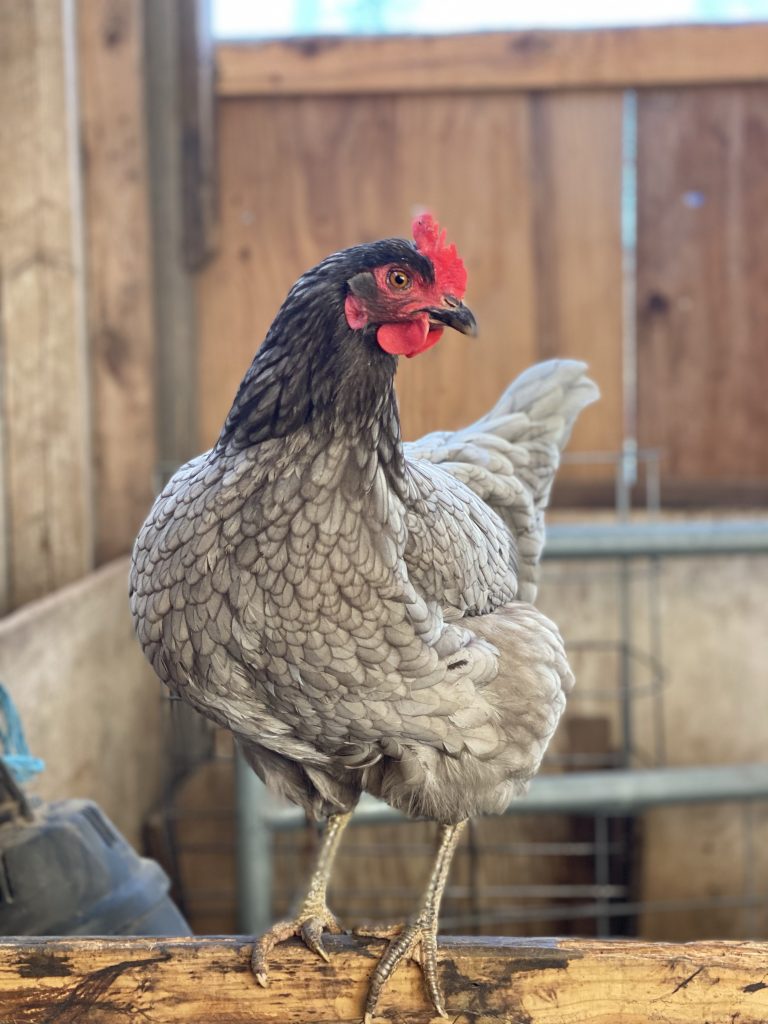
I think the subject has struck me more than usual recently because I realized I don’t actually agree with the terms. I’m not an economist, but my sense about the scope of the work is that regardless of what everybody feels they are ultimately *for* in this world, the dishes still need to be done. I don’t feel prescriptive or absolutist about it either. I know that people have different gifts and abilities, and believe me, I’m a big fan of seeking out cosmic purpose and finding life’s meaning. But for real, if dishes and childcare and laundry and food growing and cooking and all of the daily and uncompromising work-of-life is relegated to the fringes of personal and intellectual fulfillment, then I think we are in a lot of trouble. It also is super unhelpful in my daily life. I can feel a broader sense of purpose in my life, but if I’m weighing the days activities in those terms, it’s a preoccupation that will land me firmly on the side of seeing the work as drudgery. It’s also not hard to look at the broader cultural and economic picture and see why that premise might seem a touch insensitive to the masses of underpaid and undervalued domestic workers out there.
Conversely, if we try to effectively compensate it, it all falls apart in a different way. I remember a few years ago I saw an exercise in applying monetary value to the homemaker/mother’s work, and it was an incredible amount of money. I had a conversation with a friend who pays for childcare, and she was really earnestly playing out the idea of fairly compensated domestic work. She was distressed because she honestly couldn’t make sense of it given her own stretched resources and the resources of the general public, the experiences and circumstances of the care workers in her life, etc. It was a sobering conversation, where we both saw clearly that it actually has to be underpaid in order to hold up- it doesn’t make economic sense unless it’s massively undervalued on a number of levels. Minds then often go to outsourcing and automating, but that always comes with it’s own set of industrial consequences. And for me, this is a pretty bleak and thankless perspective, as though we are all above basic acts of service.
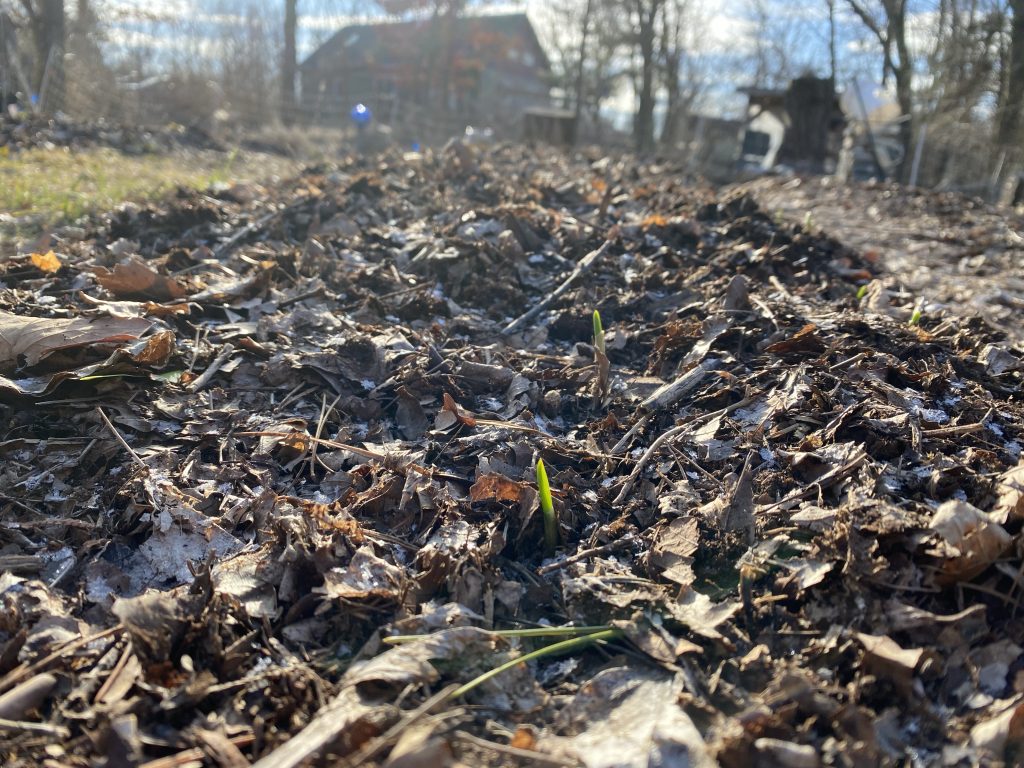
You know, I really have no idea about what the right design of all of this is. I have some opinions, sure, but definitely not enough confidence about it all to prescribe anything. I do think I have some good questions, though. So funny, all through my 20s I felt much more sure and convicted. But isn’t that what they say? The older you get the less you know? Also, the deeper I get into working to live within my values, the more I see how incredibly imperfect it is. The reality of it has done wonders for banishing any puritanical attitudes. If I’m really honest, though, my judgments of the culture are somewhat apparent, and so maybe that’s what people are responding to- a wordless but still communicated thing. I see how my defensiveness plays a part in my attitude around it, when it does come up. Maybe it’s a good thing, to have people come out and say anything about it? It’s definitely better than feeling invisible. I suppose I’m wondering about what conversation I need to take part in now.
I see that humanity is on a very interesting journey. I think we are going through something together, something new to us. I think it has something to do with the spiritual energetics of the transactional versus the relational. In our past, we had no other choice but to relate to each other and our environments, no other choice but to feel the acute consequences of our actions. But now? Now we actually do have a choice. I used to frame some of these things (like needing to respond to climate change, or the moral crisis that is industrial food, or the fact that our smart phones are directly contributing to slavery and suffering, etc.) as though we needed to do something about it because we *had no other choice*. But now I see that we do have a choice. We have all the choices, even when we have all the information. And all the choices have their own set of consequences. This is how the universe holds us- we will never be exempt from the gravity of it. But we can actually do whatever we want here, and we are.
Perhaps this isn’t really a conversation about homemaking or about domestic work or farming. Maybe I am talking about the work of love and about my relationship to it. Love is not transactional, it’s not how it exists. Try to contain it, try to compartmentalize it, and you’ve denatured it. You can try to buy it, but if it shows up alongside money, you’ve just been lucky. My dad has been in and out of the hospital because of a stroke he had back in the fall. We’ve met lovely nurses and doctors, and it’s also been a wild ride of experiencing care within a big and profit-driven medical system. I had a thought recently that it probably doesn’t actually matter how much a person gets paid, it won’t translate into love. If they ever take good care of my dad, if they are kind to him, attentive, able to restore his dignity to him during a time of unexpected weakness and grief, it’s because they’ve got access to love. Love transcends any deserving. Love is forever free, it’s wild, it exists within our humanity.
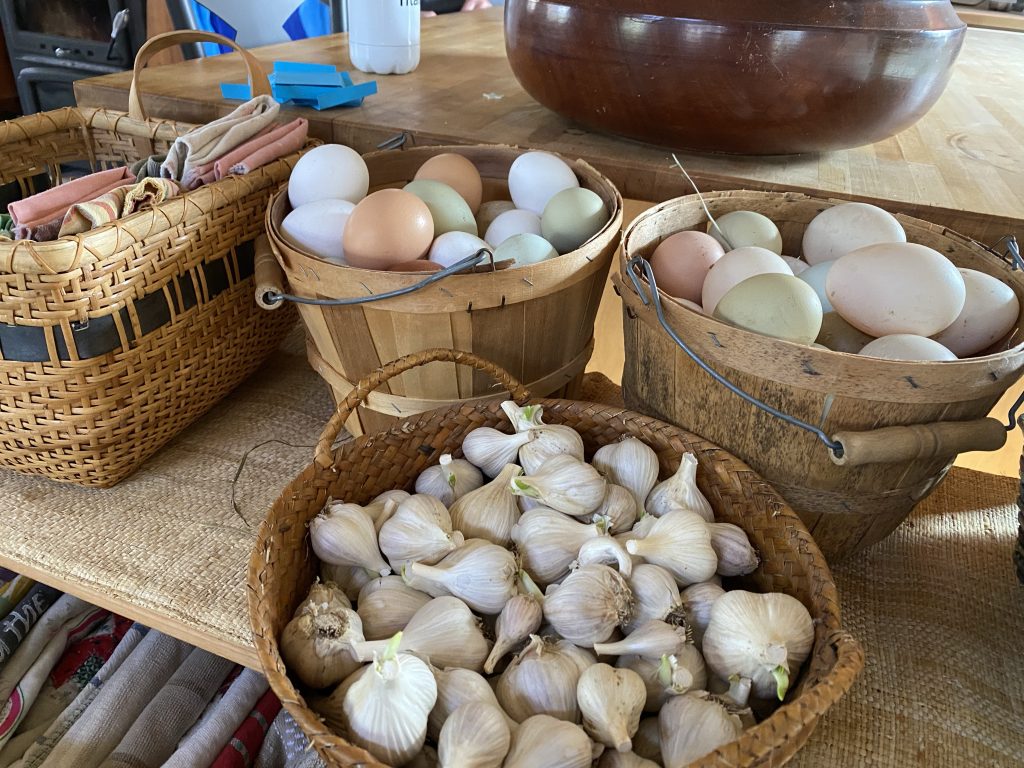
I think I see that this is where I need to continue to work on my perspective. I do believe that the work of love can show up anywhere, and I want to cultivate a sense of faith in the heart of people and in the purpose of our broader journey together. I do think that I experience some pain, seeing things I wish would be of value appearing less and less valuable to the world. But isn’t that revealing the fault in my own motivations and perspective? I’ve again unconsciously converted love into something consumable, and in doing so I’ve made it insecure within myself. Ah, how tricky these energies are. It’s quite a refinement process, this soul-work. And there it is, I feel the point of connection. Is what I’m experiencing in these strange conversations about what it is that we all are to do, what we are for, am I okay, are you okay, etc… are we all just continuously asking each other if we can be loved and belong? I think that might be it.
Latest posts by Gracie (see all)
- The Encounter - April 19, 2024
- On Practice - February 23, 2024
- Seeds that grow - February 19, 2024
Still, your writing is a treasure. Thank you for picking up again, to muse about important things like “why do we put MONEY into everything?” Because even if you didn’t say that exactly, it seems like it’s in there. In the awkward questions about “work” versus domestic labor. In the attempt to put a value on essential tasks that do not have a federal job code. It’s kind of a mess, right? But still a fascinating mess. So thanks, again, from a far-flung acquaintance.
So nice to hear from you! I so appreciate you commenting today- I was feeling a bit like I’m talking into a void. And yes, I actually think a lot about the money issue, about why it’s become the ultimate and prioritized conversion of our connective energies. I love your phrasing, putting it into everything. Now I’m off to see if you’ve written anything lately!
I remember the first time I met you, Gracie, on next-door-neighbor Jake’s land. We were talking about how we spend our time. It seemed you somewhat apologetically/sheepishly(?) admitted you didn’t have what you would consider a, “Career,” since all you did was homestead. I was so very impressed with you from that moment on. All the skills that you’ve developed and use each day (including persistence and humility). Better than a career…you have a *profession*!
Unlike some of your friends, I DO want to be you when I grow up. I look forward to sitting at your feet and learning from you in the coming years.
What a lovely comment to read today! How nice to hear about how you remember that conversation. I hope to become less and less apologetic as time goes on- and good friends nearby who mirror back to me the value of it all will only help. Looking forward to many future conversations. <3
Hi Friend, I rarely feel like I can stop and read blogs unless it has to do with some urgent thing I’m “figuring out”, but I wanted to connect to your well thought-out thoughts! Thank you.